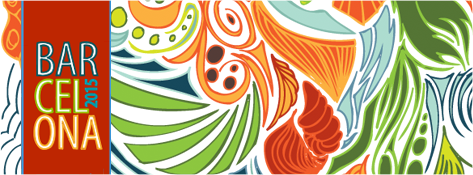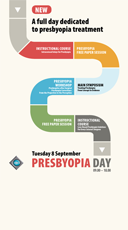Posters
(results will display both Free Papers & Poster)
Transepithelial accelerated corneal collagen cross-linking for keratoconus: initial clinical study
Poster Details
First Author: L.Sun CHINA
Co Author(s): J. Zhao Y. Shen X. Zhou
Abstract Details
Purpose:
To evaluate the safety and efficacy of transepithelial accelerated corneal collagen cross-linking used in keratoconus treatment.
Setting:
The Department of Ophthalmology of Fudan University Eye and ENT Hospital (Shanghai, People’s Republic of China).
Methods:
This was a prospective, nonrandomized, open, controlled study. All subjects were diagnosed as keratoconus before enrolled. The study group included 24 eyes of 24 patients who were treated with transepithelial accelerated corneal collagen cross-linking (CXL). The control group included 21 eyes of 21 patients who refused to receive CXL. CDVA, spherical equivalent, Pentacam, Ocular Response Analyzer, anterior segment optical coherence, and endothelial cell count were assessed at baseline and at 1, 3, 6months postoperatively. Data were expressed as mean ± standard deviation (SD).The P value was determined using the MANOVA of repeated measuring and paired t test.
Results:
There was no complication during follow-up time in all eyes treated with CXL. In study group, CDVA, SE, CH, CRF, front and back elevation,flat keratomatry, steep keratomatry and maximal keratomatry were stable during follow-up. In control group keratomatry parameters increased significantly at 6 months postoperatively (P<0.05). The growth of maximal keratomatry and back elevation in study group was significantly less than control group (P<0.05).
Conclusions:
Transepithelial accelerated corneal collagen cross-linking is safe and effective for slowing down the progress of keratoconus. The efficacy of this technique compared with traditional CKL needs to be studied in the further.
Financial Disclosure:
NONE





